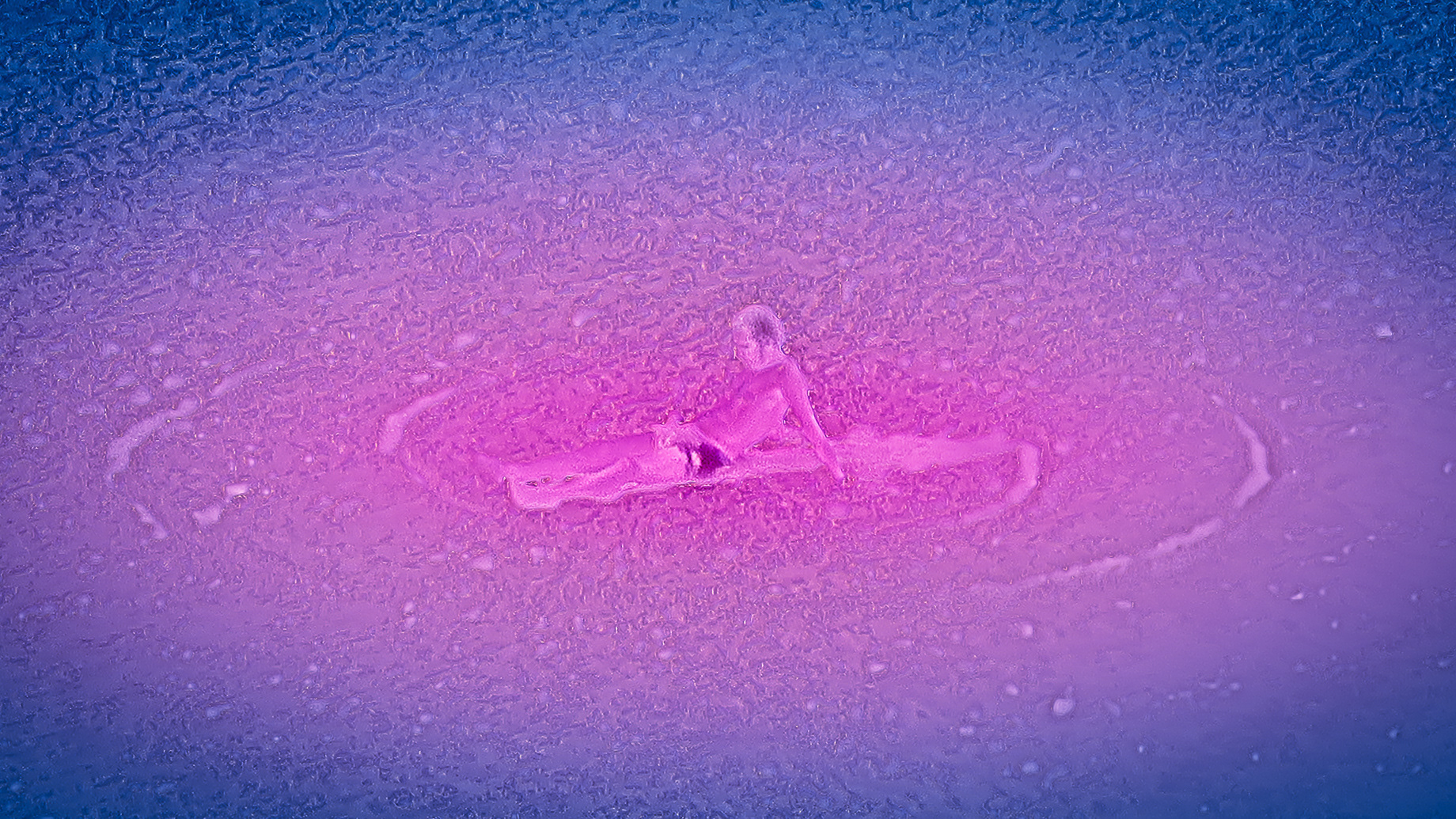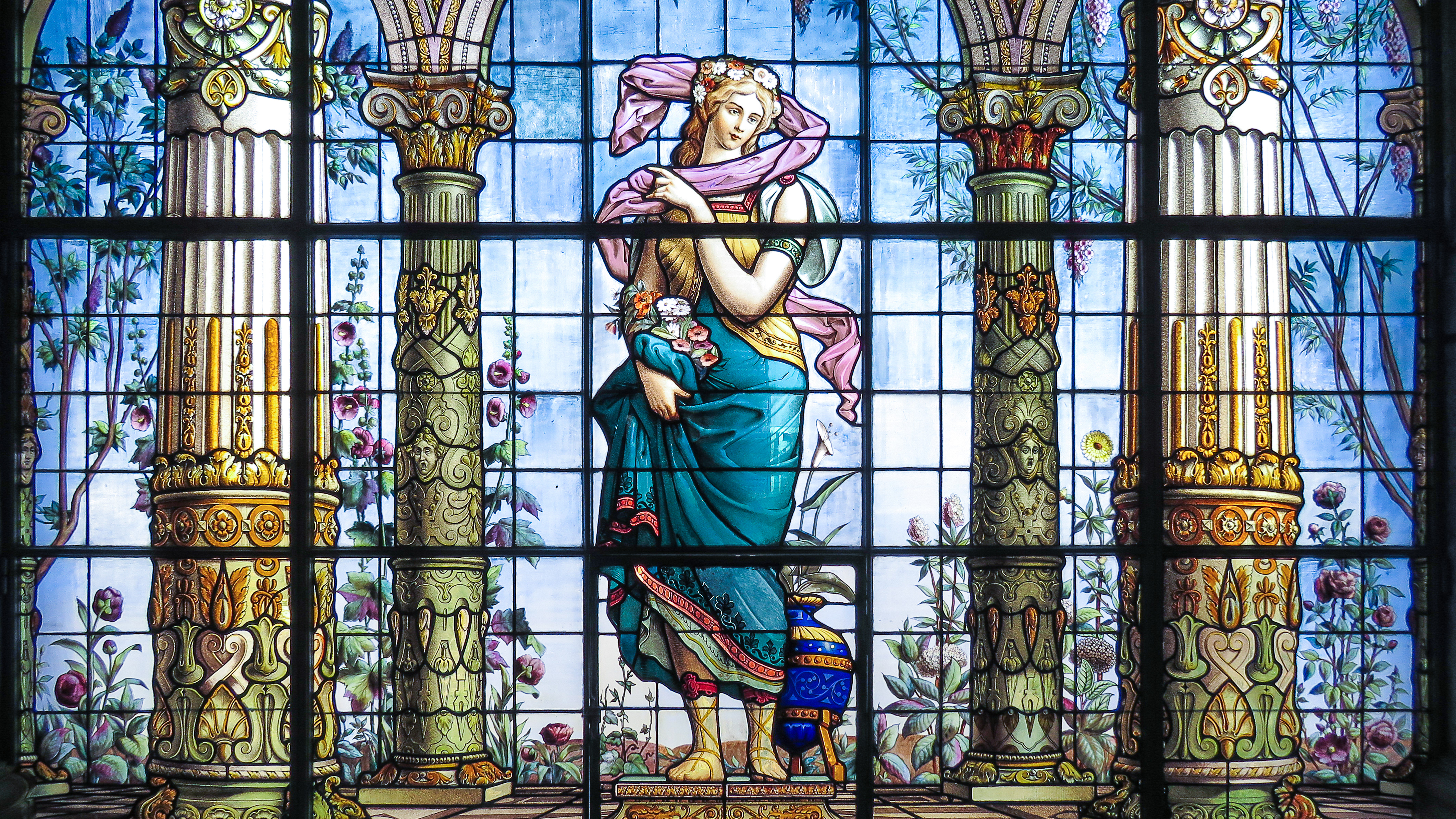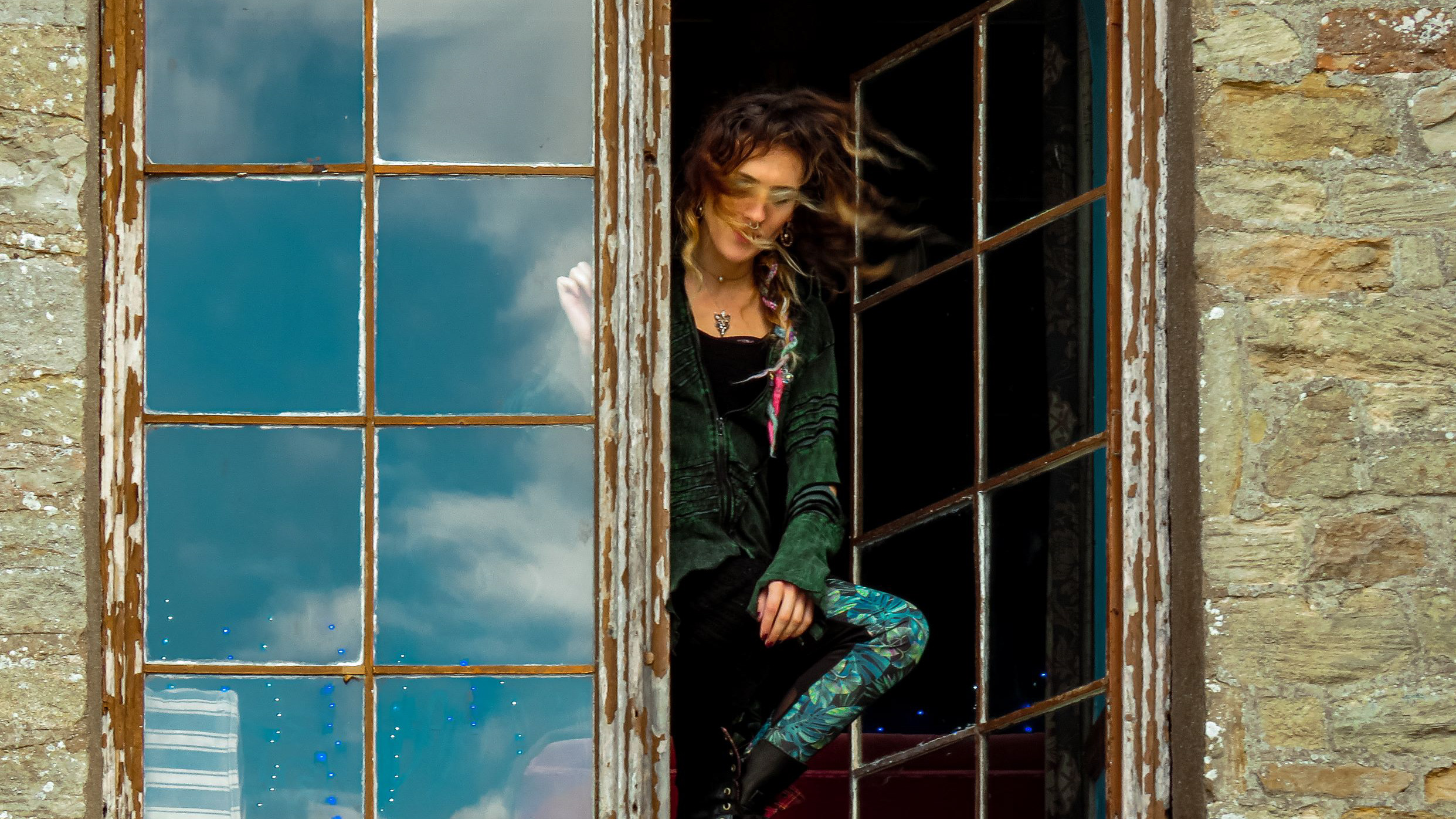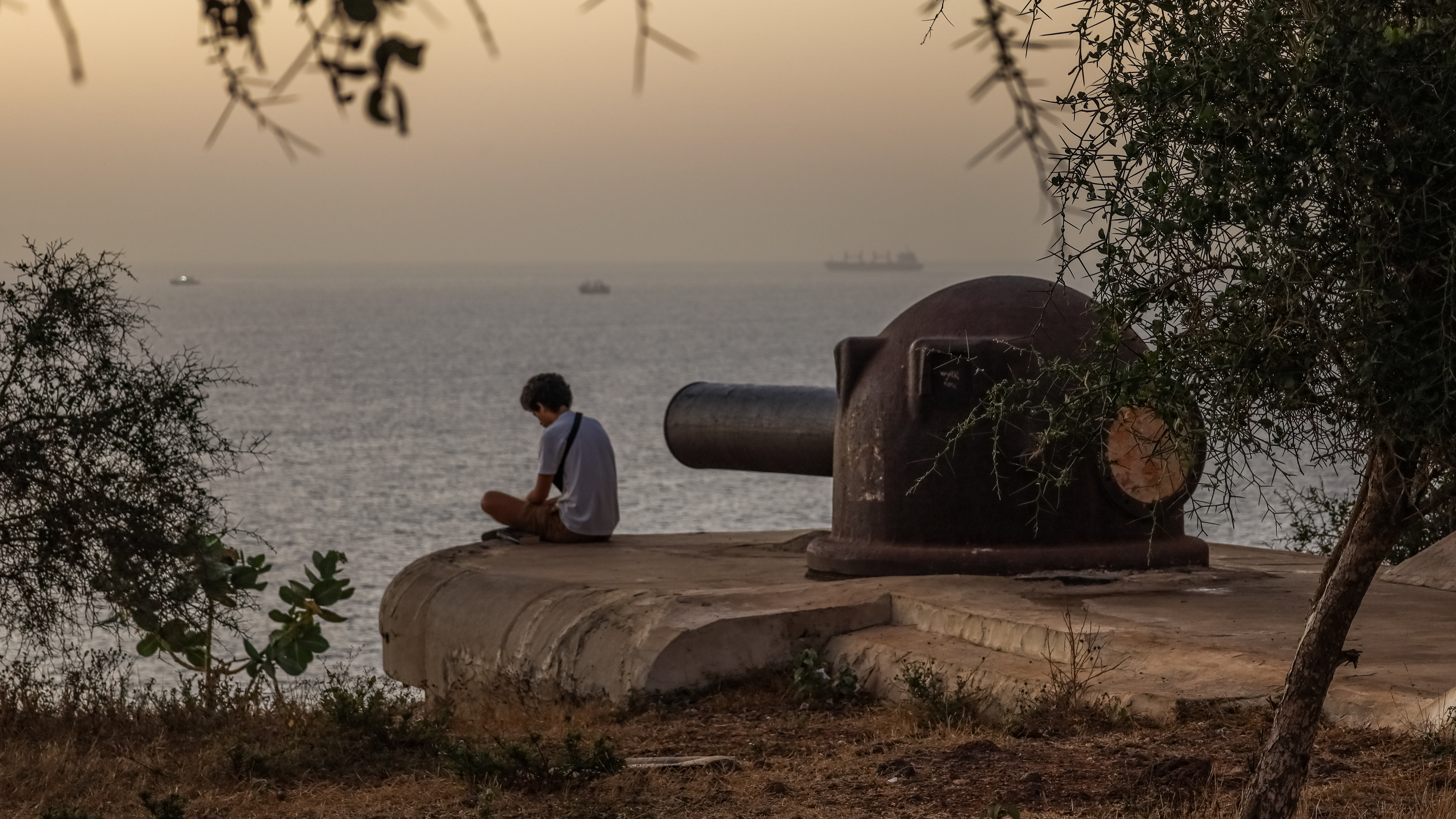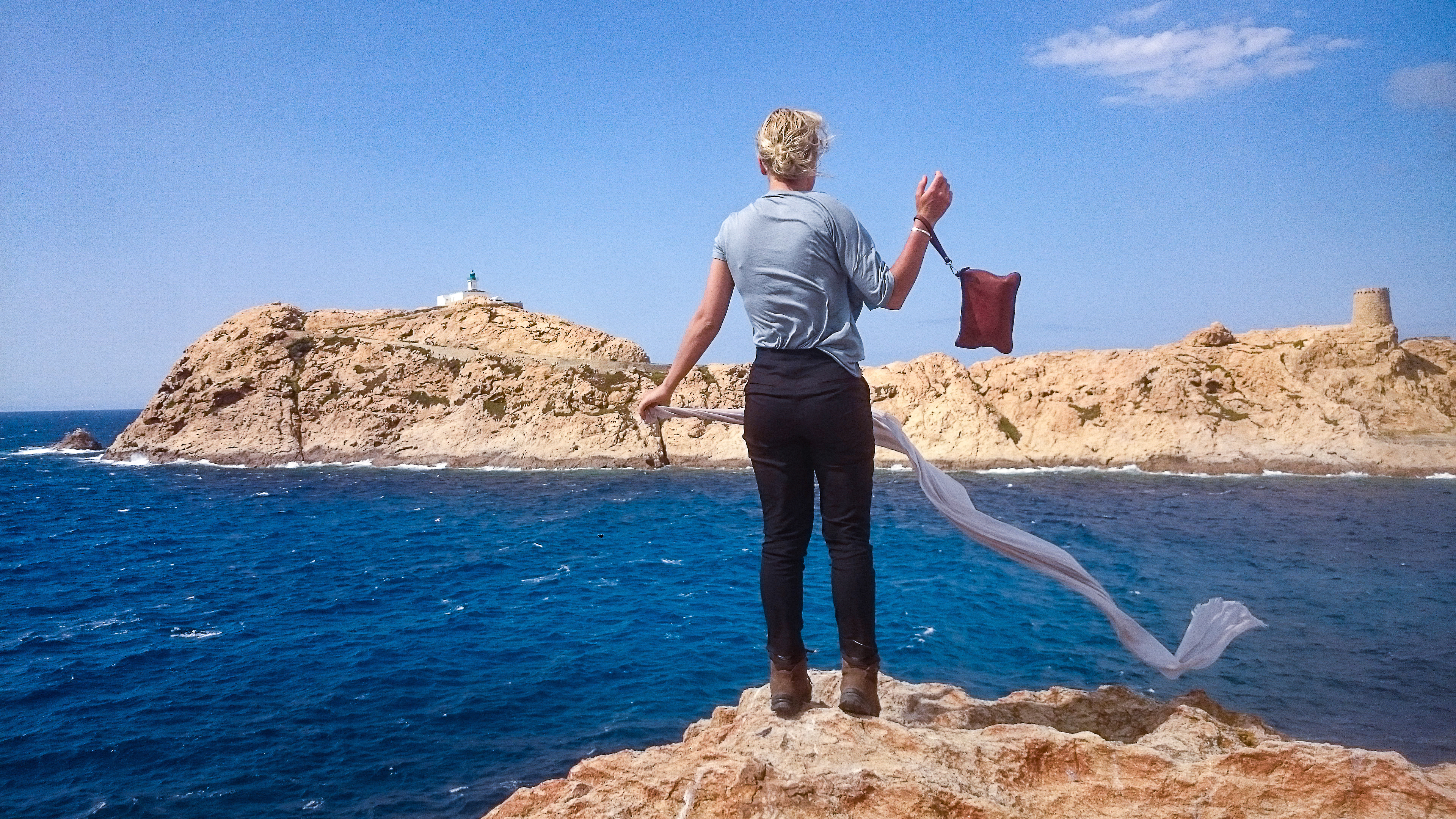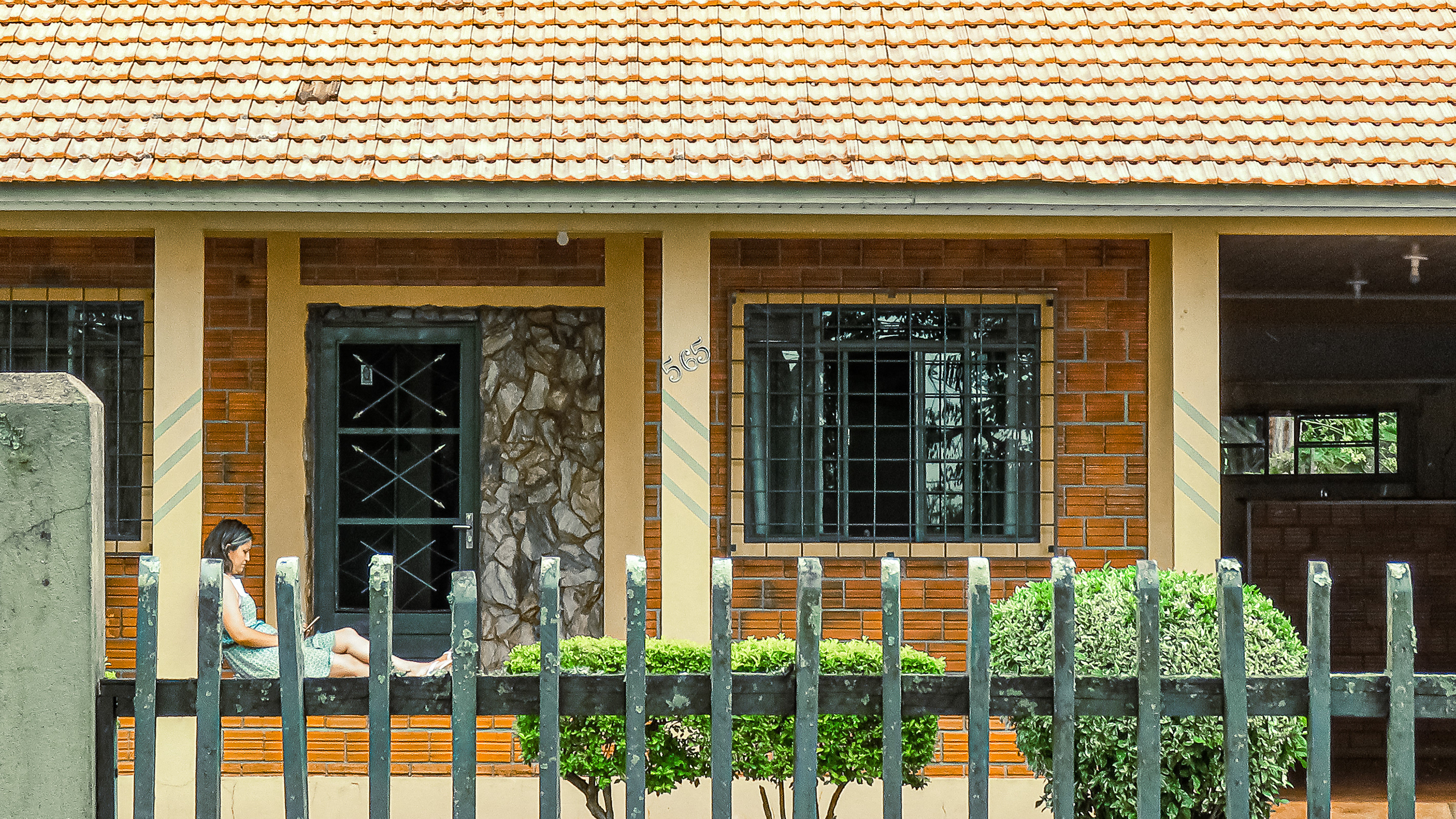How I miss my student life... An explosion of a wild youth full of stimulation and connections that is now a nostalgic memory fading into the reality of contemporary detached adulthood.
University life was my first home away from home, and that home was Jerusalem. Not the first city to come to mind as a choice for a young man in search of fun and freedom. It is religious, hectic, tense and filthy, but it is also culturally rich, edgy and spiritual.
Jerusalem is a city that constantly confronts you with people who are fundamentally different than you. This friction can cause aggression and separation, but if you keep yourself open to this diversity and allow the different, and sometimes crazy, characters of the city to weave their path into yours, you become a super-human. No joke.
I met some of those people whose wisdom, attention and compassion could be achieved only by facing the tremendous complexity of life in this 3000 years old unique melting pot. But for most Jerusalem is overwhelming and the tension involved in its daily life pushes them eventually to seek a calmer place. For students (myself and my friends included) it is no different, and like in many other university towns, they leave it once finishing their degree.
Shira stayed. The only one of my friends at the time who made Jerusalem her home after graduating, and the main reason (the other being my favorite hummus) for my annual pilgrimage to the holy city when I visit Israel.
We met during our army service at the age of 20 and became best friends. Every birthday I would dedicate the song “You’re not like everybody else” (by an Israeli famous rock band) to her, and she would remind me of another saying by a famous poet who coined the expression “Am I crazy to be normal?”. That’s how we made each other feel. Two un-normal souls who are in this weird world together. Later after finishing our service, we enrolled at the same university in Jerusalem and moved to live in the same city.
We fully embraced student life back then; we got involved in political work, explored the city’s underground culture scene, and got drunk in bars when we didn’t have an exam the morning after (and sometimes even if we did).
But now these days are a distant memory. New generations of students arrived and departed the city, some familiar places have closed and new ones have opened, and the streets have been coated with another decade-old layer of dust that makes its golden stones slightly tinted in grey in my eyes.
We sit now in our favorite cafe for a deep conversation, heart to heart, while I try to understand what keeps her here after all these years without the people who made this place home for us. It’s a chilly afternoon, typical to this holy mountain, and Shira is wrapping herself up with her blue jacket.
“It’s not what it used to be, you’re right, but neither do I. The city is still full of energy but without the people I loved I find it difficult to connect to it. When I come back home from work there is no one around that I can hang out with. I know some of my neighbors, and they are all very friendly, but none of them is really like… me.”
After a few years of living in the vibrant student dorms next to campus, Shira moved to a single-room apartment in the city center. Corridor conversations on politics and thesis papers have been replaced with an ever-growing pile of novels in her library and evening walks with her dog. Living in the beating heart of the city, with all its culture and vibrance, did not deliver its promise to fill the social void.
Like many of us, the work routine and the soul searching of a 30+ year old woman alone in the big city left her feeling lonely. She didn’t find new connections, just a lot more background noise.
Some of her friends had headed to Tel Aviv to follow their pursuits and engage in the bourgeoisie lifestyle, others had given in to the Jewish family pressure, gotten married, had children and stuffed their suburban homes with plastic toys and mundane distractions. Shira, in contrast, was filling up her calendar with weekly therapy meetings and her bathroom cabinet with Xanax.
The anxiety which took over her life in recent years was a cruel combination of her high intelligence, complex self-awareness, childhood post-trauma and social pressure. In her apartment, between the sealed stone walls, these strong emotions prospered, trapping her alone with her own demons. She became tangled between the fear of loneliness and the fear of rejection. Paralyzing fear.
Having known Shira for years, I also know that she is no less than amazing, but it’s hard for her to believe it herself sometimes. In recent years I noticed her dealing with her loneliness in the digital realm, exchanging dinner conversations and mingling with social media, and maintaining most of her social connections by sharing tweets and memes.
At some point though things got real. First gently and later more raw and open, she started using digital platforms to communicate her fears to the outside world, seeking support and empathy. Sadly, very often what happens on Facebook stays on Facebook, and those virtual calls for help usually ended with nothing more than a virtual response. Without someone to hug or share thoughts and fears intimately, her anxiety was getting worse.
“I think that by now my anxiety became a neurological construct. That’s what my brain knows what to do in reaction to life. And finally, as a coping mechanism, I close myself to the world to protect myself. Not to be disappointed. But I’m not angry or resentful, I understand that in this time and age no one is committed to anyone or anything in the city. The people around me in the district, as well as my family and friends outside of town, are all busy with life and dealing with their own challenges.
All I am left with is my computer screen to bounce back my fears and that’s better than nothing. It is just a different balance to what I was used to before.”
All I am left with is my computer screen to bounce back my fears and that’s better than nothing. It is just a different balance to what I was used to before.”
It seems that after years of struggles, Shira has made peace with her anxieties. She is a proud mother to her sweet dog and lives comfortably a calm introverted lifestyle. Her longest relationship, with her therapist, has ended recently after 6 years, and her emotional state has stabilized.
“I’m still mostly alone but I’m not lonely anymore. I know how to fill my life with content that suits me and be at peace with what is. my communication on social media is not a call for help anymore. Or maybe it’s a sober one. Weak one. Without the expectation that someone will actually answer.”
As students, when we were sitting in a classroom together, we were constantly interacting with others and confronting our social demons. But later in life, when interacting became a matter of choice, it was sometimes easier to retreat to the shadows and avoid conflict or potential rejection. For Shira, myself, and many others in our generation, this avoidance or anti-depressant-infused numbness became like a thick layer of crust above the emotional bubbly lava waiting to erupt. Sometimes it still cracks.
“I have this thought that I will be in a hospital room, all alone dying from cancer and no one will be there to look after me. Not my brother. Not my mother. Just me and 4 white blank hospital walls. Subconsciously I know they will, but I also don’t want to expect it, just for the chance they might not.“
----------
We pay the bill and start walking back to Shira’s apartment. I notice how the city became a little bit more foreign since this morning when I just arrived. I understand better now what she was saying to me. It is like I lost the connection to its pulse. Without the familiar faces on the street, the vibrant atmosphere doesn’t feed me any longer but rather drains me. Nothing has really changed. It is the same amount of people and the same intense energy, yet it is all flowing around us at high speed without touching.
We stand there, together alone, at the corner of Shira’s block on a busy main street. 2 old friends and a dog, hugging goodbye. We will probably not see each other for another year, until my next visit, but we are already used to that. We both made our choices to avoid dealing with our demons and escaped the city in our own way. But when our eyes meet for farewell, we smile knowing that we still have each other’s back. With or without the city.
Shira stayed. The only one of my friends at the time who made Jerusalem her home after graduating, and the main reason (the other being my favorite hummus) for my annual pilgrimage to the holy city when I visit Israel.
We met during our army service at the age of 20 and became best friends. Every birthday I would dedicate the song “You’re not like everybody else” (by an Israeli famous rock band) to her, and she would remind me of another saying by a famous poet who coined the expression “Am I crazy to be normal?”
That’s how we made each other feel. Two un-normal souls who are in this weird world together. Later after finishing our service, we enrolled at the same university in Jerusalem and moved to live in the same city.
That’s how we made each other feel. Two un-normal souls who are in this weird world together. Later after finishing our service, we enrolled at the same university in Jerusalem and moved to live in the same city.
We fully embraced student life back then; we got involved in political work, explored the city’s underground culture scene, and got drunk in bars when we didn’t have an exam the morning after (and sometimes even if we did). But now these days are a distant memory. New generations of students arrived and departed the city, some familiar places have closed and new ones have opened, and the streets have been coated with another decade-old layer of dust that makes its golden stones slightly tinted in grey in my eyes.
We sit now in our favorite cafe for a deep conversation, heart to heart, while I try to understand what keeps her here after all these years without the people who made this place home for us. It’s a chilly afternoon, typical to this holy mountain, and Shira is wrapping herself up with her blue jacket.
“It’s not what it used to be, you’re right, but neither do I. The city is still full of energy but without the people I loved I find it difficult to connect to it. When I come back home from work there is no one around that I can hang out with. I know some of my neighbors, and they are all very friendly, but none of them is really like… me.”
After a few years of living in the vibrant student dorms next to campus, Shira moved to a single-room apartment in the city center. Corridor conversations on politics and thesis papers have been replaced with an ever-growing pile of novels in her library and evening walks with her dog. Living in the beating heart of the city, with all its culture and vibrance, did not deliver its promise to fill the social void.
Like many of us, the work routine and the soul searching of a 30+ year old woman alone in the big city left her feeling lonely. She didn’t find new connections, just a lot more background noise. Some of her friends had headed to Tel Aviv to follow their pursuits and engage in the bourgeoisie lifestyle, others had given in to the Jewish family pressure, gotten married, had children and stuffed their suburban homes with plastic toys and mundane distractions.
Shira, in contrast, was filling up her calendar with weekly therapy meetings and her bathroom cabinet with Xanax.
Shira, in contrast, was filling up her calendar with weekly therapy meetings and her bathroom cabinet with Xanax.
The anxiety which took over her life in recent years was a cruel combination of her high intelligence, complex self-awareness, childhood post-trauma and social pressure. In her apartment, between the sealed stone walls, these strong emotions prospered, trapping her alone with her own demons.
She became tangled between the fear of loneliness and the fear of rejection. Paralyzing fear.
She became tangled between the fear of loneliness and the fear of rejection. Paralyzing fear.
Having known Shira for years, I also know that she is no less than amazing, but it’s hard for her to believe it herself sometimes. In recent years I noticed her dealing with her loneliness in the digital realm, exchanging dinner conversations and mingling with social media, and maintaining most of her social connections by sharing tweets and memes.
At some point though things got real. First gently and later more raw and open, she started using digital platforms to communicate her fears to the outside world, seeking support and empathy. Sadly, very often what happens on Facebook stays on Facebook, and those virtual calls for help usually ended with nothing more than a virtual response. Without someone to hug or share thoughts and fears intimately, her anxiety was getting worse.
“I think that by now my anxiety became a neurological construct. That’s what my brain knows what to do in reaction to life. And finally, as a coping mechanism, I close myself to the world to protect myself. Not to be disappointed.
But I’m not angry or resentful, I understand that in this time and age no one is committed to anyone or anything in the city. The people around me in the district, as well as my family and friends outside of town, are all busy with life and dealing with their own challenges.
All I am left with is my computer screen to bounce back my fears and that’s better than nothing. It is just a different balance to what I was used to before.”
But I’m not angry or resentful, I understand that in this time and age no one is committed to anyone or anything in the city. The people around me in the district, as well as my family and friends outside of town, are all busy with life and dealing with their own challenges.
All I am left with is my computer screen to bounce back my fears and that’s better than nothing. It is just a different balance to what I was used to before.”
It seems that after years of struggles, Shira has made peace with her anxieties. She is a proud mother to her sweet dog and lives comfortably a calm introverted lifestyle. Her longest relationship, with her therapist, has ended recently after 6 years, and her emotional state has stabilized.
“I’m still mostly alone but I’m not lonely anymore. I know how to fill my life with content that suits me and be at peace with what is. my communication on social media is not a call for help anymore. Or maybe it’s a sober one. Weak one. Without the expectation that someone will actually answer.”
As students, when we were sitting in a classroom together, we were constantly interacting with others and confronting our social demons. But later in life, when interacting became a matter of choice, it was sometimes easier to retreat to the shadows and avoid conflict or potential rejection. For Shira, myself, and many others in our generation, this avoidance or anti-depressant-infused numbness became like a thick layer of crust above the emotional bubbly lava waiting to erupt. Sometimes it still cracks.
“I have this thought that I will be in a hospital room, all alone dying from cancer and no one will be there to look after me. Not my brother. Not my mother. Just me and 4 white blank hospital walls.
Subconsciously I know they will, but I also don’t want to expect it, just for the chance they might not.“
Subconsciously I know they will, but I also don’t want to expect it, just for the chance they might not.“
-------
We pay the bill and start walking back to Shira’s apartment. I notice how the city became a little bit more foreign since this morning when I just arrived.
I understand better now what she was saying to me. It is like I lost the connection to its pulse. Without the familiar faces on the street, the vibrant atmosphere doesn’t feed me any longer but rather drains me. Nothing has really changed. It is the same amount of people and the same intense energy, yet it is all flowing around us at high speed without touching.
I understand better now what she was saying to me. It is like I lost the connection to its pulse. Without the familiar faces on the street, the vibrant atmosphere doesn’t feed me any longer but rather drains me. Nothing has really changed. It is the same amount of people and the same intense energy, yet it is all flowing around us at high speed without touching.
We stand there, together alone, at the corner of Shira’s block on a busy main street. 2 old friends and a dog, hugging goodbye.
We will probably not see each other for another year, until my next visit, but we are already used to that. We both made our choices to avoid dealing with our demons and escaped the city in our own way.
But when our eyes meet for farewell, we smile knowing that we still have each other’s back. With or without the city.
We will probably not see each other for another year, until my next visit, but we are already used to that. We both made our choices to avoid dealing with our demons and escaped the city in our own way.
But when our eyes meet for farewell, we smile knowing that we still have each other’s back. With or without the city.
